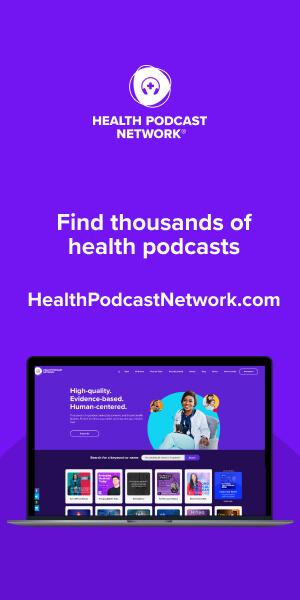A growing aging population with increasingly complex conditions and comorbidities, patients today demand new technologies to help them simplify and manage their health more effectively and efficiently. Digital health apps have enabled patients to become proactive in managing their own health and even that of their family members at a lower cost to the patient and the overall healthcare system.
However, with over an estimated 165,000 health and medical apps available, it is questionable whether patients are able to choose the most appropriate apps for their conditions. It is increasingly difficult for the general public and even more so for healthcare professionals to find apps that lead to positive patient outcomes and are supported by evidence.
The National Health Service (NHS): A frontrunner?
The NHS might have the solution that will ultimately lead to health app prescribing. The NHS launched NHS Digital App Library 1 last April, 2017 to help patients make more informed decisions about the apps that they choose to use for self-care. Potentially, this could enable providers to make better informed recommendations to patients as well. NHS’s digital health team are setting the quality standards that will hold all digital health and care products to, laying the foundations to build a truly transformative digital health service.
What is the process of vetting apps?
Some apps are labelled, NHS Approved 2 meaning those select few meet NHS quality standards for clinical effectiveness, safety, usability and accessibility and are backed by strong evidence supporting improvement of patient outcomes, or Being Tested in the NHS, which means these apps meet the NHS quality standards and is being tested in the NHS to see if there is sufficient evidence to provide the final stamp of approval. Currently, the library has a selection of tools that have gone through a technical assessment, which means they are in compliance with the Data Protection Act. As of today, however, there is only one application 3 that has gained final NHS Approved status badge out of 45 listed.
Benefits
When the NHS tested the cost-effectiveness of remote support for patients with a chronic obstructive pulmonary disease, it found that an electronic tablet paired with sensors measuring vital signs could result in better care and enormous savings, by enabling early intervention. Some digital health products may prove so effective that doctors begin to provide them on prescription.
Dangers
However, as these apps take on more serious work, more serious regulation will be needed. Why? For example, inaccuracy is somewhat harmless in a pedometer but less so in a heart-rate monitor or a device that may be remotely controlled and store sensitive patient information. And even more dangerous if it tries to monitor or diagnose certain life-threatening conditions. Overall, the majority of apps could be doing more harm than good because most are not based on scientific evidence. And ultimately, over-reliance on wearable tech itself might prove unhealthy.
What’s next?
In order to empower the patient and provider, they should have access to information that will enable them to pick the right treatment for a given condition. Having an easily accessible online database of pre-screened apps will be of great value. The NHS is a leader in this effort around the world and can be used as an example in terms of setting the evaluation criteria and building the patient and provider facing sites. But there is still much work to be done. Because the evaluation process takes a long time, it might be beneficial, to begin with apps which address the most prevalent conditions or ones which may lead to greatest savings for the patient and the healthcare system overall.
Would you accept recommendations for various health apps from your doctor, if they were to prescribe any? Would you refer to the NHS Digital App library for guidance before downloading an app that will help you manage a physical ailment or mental health condition? Let us know what you think on our Facebook Page!
References
- https://www.england.nhs.uk/blog/apps-library-is-advance-for-a-digital-nhs/
- https://apps.beta.nhs.uk/about-us/
- https://www.economist.com/news/business/21694523-mobile-health-apps-are-becoming-more-capable-and-potentially-rather-useful-things-are-looking
- https://www.economist.com/news/business/21694523-mobile-health-apps-are-becoming-more-capable-and-potentially-rather-useful-things-are-looking
- https://www.theguardian.com/science/2017/feb/21/health-apps-could-be-doing-more-harm-than-good-warn-scientists





